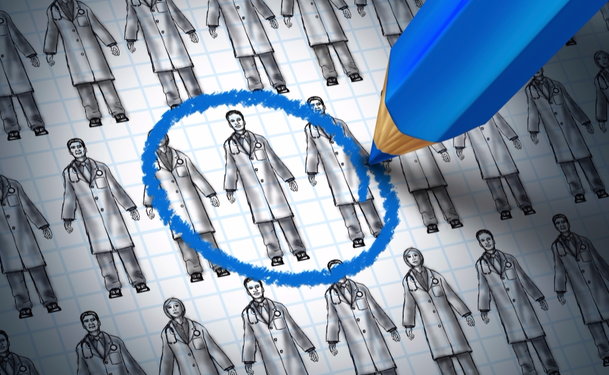A vasectomy is a simple procedure that performed in a doctor's office in as little as 15 to 30 minutes. It requires only local anesthetic and typically has few complications. For patients with anxiety or a difficult scrotal examination, a vasectomy can also be performed under sedation.
You should have your vasectomy performed by a board-certified urologic surgeon, also known as a urologist. (Urologists are surgeons who specialize in the genitourinary tract, which includes the kidneys, bladder, and genitals).
Here are some suggestions to help you find a qualified urologist who can perform vasectomies.
Compiling information on urologists
A multitude of sources offers information on vasectomy surgeons in a patient's area. These include:
- Your insurance company: If you have health insurance, consult your carrier for a list of surgeons who participate in their health plan. Most insurers cover vasectomy and will be able to provide you with a list of urologists or family practitioners in your area.
- Your primary-care doctor: Primary care doctors often refer patients to specialists, and should have a list of qualified professionals who perform this procedure in your area.
- Your local hospital: Urologists often split their time between hospitals and clinics. Although you likely won't have your vasectomy done in a hospital, the hospital should still be able to provide you with a list of the urologists with whom they work.
- Friends and family: If you know anyone who has had a vasectomy, ask him about his experience with that particular urologist. This information may be more in-depth and can also provide you with a better understanding of what to expect.
Check urologists' credentials
Once you've identified several possible urologists to perform your vasectomy, dig deeper to find out more about them. In particular, consult medical directories, such as the American Board of Medical Specialties (ABMS). This organization will allow the patient to verify that the urologic surgeon is board-certified and authorized to provide service in their state.
Additionally, contact state or local medical societies to assess the surgeon's level of experience. These organizations can provide general information about surgeons in the patient's state, including the number of years they have been practicing and the number of procedures they have performed. Finally, verify the surgeon's hospital appointments--these are usually offered to surgeons who are highly qualified in their area of expertise.
Other practical considerations when choosing a urologist
While credentials and experience are essential to consider, there are also logistical issues to take into account. In particular, you may want to consider:
- Location and convenience: Everything from location to availability to office hours can affect your ability to make it to an appointment on time.
- Language: Effective communication is vital for optimal healthcare, so it makes sense to select a doctor with whom you can easily communicate.
- Intangibles: How the reception staff treats you on the phone, the cleanliness of the office, attitudes of the team, and other less-tangible measurements should also influence your decision when selecting a vasectomy surgeon.
Find a board-certified urologist
Vasectomy.com has an extensive directory of vasectomy and vasectomy reversal surgeons from all over the United States. Find a board-certified urologist by searching our directory.
References:
Graham, S.D., & Keane, T.E. (2009). Glenn's urologic surgery. Philadelphia, PA: Lippincott Williams and Wilkins.
Sharlip, I.D., Belker, A.M., Hoing, S., Labrecque, M., Marmar, J.L., Ross, L.S., et al. (2012). Vasectomy: AUA guideline. American Urological Association.


